A Traveler’s Guide to Local Laws and Customs in Jordan
Here's what to know about Jordan's laws and customs regarding unmarried couples, drugs and alcohol, and etiquette, and how to respect these rules during your visit.
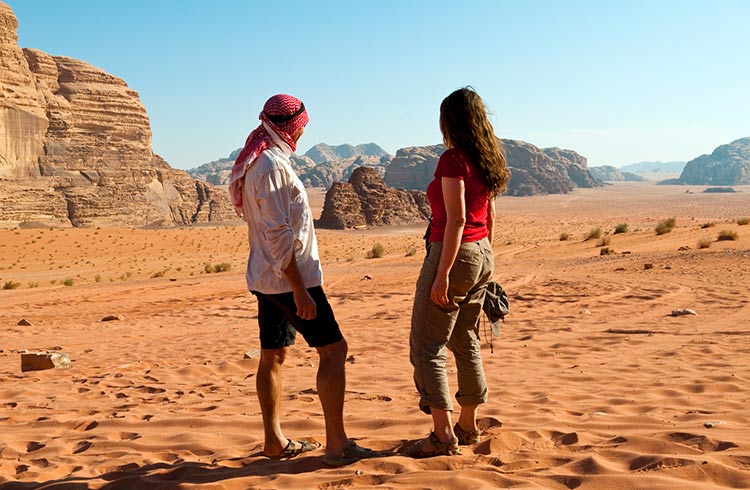 Photo © Getty Images / Joel Carillet
Photo © Getty Images / Joel Carillet
While the Middle East isn’t renowned for liberal ideas, the level of conservatism ranges dramatically between countries. Jordan is one of the most, if not the most, progressive country in the Middle East. However, as much of its law is rooted in its Arab heritage and Muslim tradition, some of its rules and customs may be unfamiliar to some visitors, so it’s important to review them before your trip. Be sure also to review these handy travel safety tips in Jordan to ensure a safe and smooth trip.
- Love, marriage, and public displays of affection
- Laws involving drugs and alcohol
- Etiquette tips and manners
Love, marriage, and public displays of affection
From the richly scented pipes and perfumes to the sensuality of the silent desert, the Middle East in general, and Jordan in particular, is thought by many to be a romantic destination. Add to this the famed passion for life many Jordanians enjoy, and it seems the perfect place for a romantic vacation. While this may be true, there are certain rules that all travelers, and unmarried couples and LGBTQ+ travelers, in particular, should consider.
Rules for unmarried couples
In the past five years, I’ve led and organized tours for dozens of American and European travelers in Jordan. While I’ve had numerous unmarried couples and gay couples share rooms without any issues, this is not to say problems could never happen.
In Jordan, sleeping with any unmarried member of the opposite sex is considered adultery. It is a punishable crime that can result in up to three years in prison for locals and visitors alike. While Jordan doesn’t have “morality police” roaming the country specifically seeking out unmarried couples to prosecute (as happens in some countries), do be aware of the rule and that extramarital sex is generally frowned upon.
Ayman Abd Alkareem, the General Manager of the adventure travel company, Experience Jordan, says that couples “engaging in adultery” in more liberal areas such as parts of the capital city, Amman, probably don’t have to worry about going to prison. He notes that it is important to respect the culture and customs but adds that, overall, Jordan is a very safe and welcoming country.
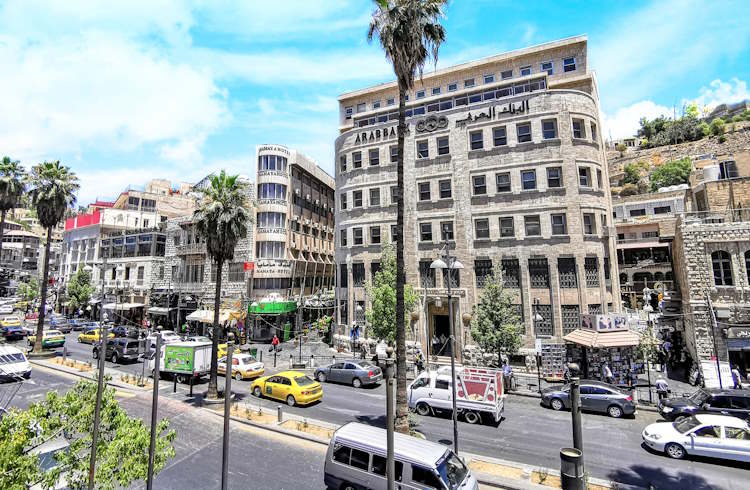
Public displays of affection
Excessive public displays of affection (PDA) are frowned upon in Jordan, especially among same-sex couples. Though I’ve never seen any of my tour clients encounter issues from holding hands or giving a quick peck on the cheek in Jordan, excessive caressing, intense kissing, or any other “extreme” PDA construed as being overtly sexual could be charged with public indecency or worse. While this is unlikely to happen in areas receiving many tourists, such as Petra or the Dead Sea, it is possible in more conservative areas such as small towns and rural regions. Although having sex with your partner in your hotel room isn’t a public display of affection, loud noises and moaning that can be heard through the walls are considered disrespectful, so be discreet.
Tips for queer and same-sex couples
Homosexuality is legal in Jordan, and the country has a small LGBTQ+ community. However, because the country only recognizes marriage between a man and a woman, same-sex marriages honored in other countries would not be respected in Jordan. Even if you’re visiting with your same-sex spouse, to whom you are legally married in your home country, technically, you’d be committing adultery according to local Jordanian laws.
Due to negative public opinion, queer and same-sex couples may be judged and punished for violating the adultery law far more severely than same-sex couples. To summarize, Jordan is a very safe and welcoming country but all visitors (and LGBTQ+ travelers, in particular) must be discreet, abide by local customs, and show respect in order to earn it.
Laws involving drugs and alcohol
While some very strict Muslim countries do not allow the consumption of alcohol and may not even allow it to be sold, alcohol is allowed in Jordan. You may not find alcohol in small villages, but you will at many hotels catering to tourists in Amman, Petra, and the Dead Sea. There are also several bars in Amman that serve alcohol to tourists and locals.
While drinking alcohol is legal in Jordan, consuming it on the street is illegal and doing so could lead to arrest. It is also highly frowned upon to be drunk in public, be it on the street, at the beach, in a café, or in the public area of a hotel. The best way to drink alcohol in Jordan is in moderation and at a bar, hotel, or restaurant.
Though alcohol is considered a controlled substance in Jordan, fines for public intoxication or drinking outside a bar are much less serious than they are for the possession, use, or trafficking of harder drugs. If you bring marijuana, cocaine, heroin, or other drugs into Jordan, the consequences could be severe. Even if marijuana has been legal in your home state or country for many years, or if you bring a doctor-issued medical marijuana prescription with you, understand that it won’t be valid in Jordan. Leave all recreational substances at home.
Etiquette tips and manners
Dress code
Women are not required to cover their heads in Jordan, and there is no specific dress code. However, it’s advisable to dress conservatively and have your shoulders and knees covered. Areas that receive a lot of tourists, such as Amman, Petra, and the Dead Sea, tend to be a bit more relaxed, but women should still avoid wearing tight leggings, see-through shirts, crop tops, and skirts that are cut above the knee. Shorts are allowed at beaches, hotel pools, and in touristy areas, but they may restrict your entry into family homes and buildings of a religious nature. Swimsuits can be worn at beaches and resort pools, but they should be modest; your breasts and butt should not be exposed.
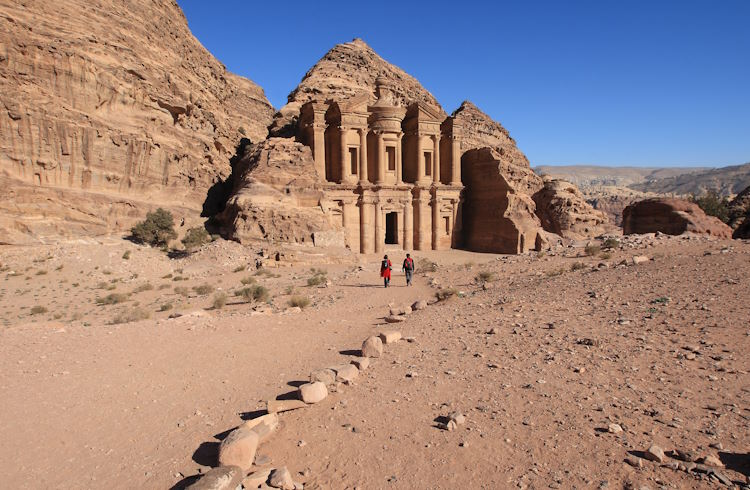
Photography
Though not illegal, it's considered rude in virtually any country to take a picture of someone without their consent. In Jordan, it’s considered to be especially rude – almost to the point of public indecency. This is particularly true in the case of Bedouin women, who almost never consent to having their picture taken. Under no circumstances should you ever take a picture of a Bedouin woman without her permission, however you may be given permission to photograph the woman’s hands.
Respect for religion
Jordan is a Muslim-majority country, and many people are very religious. If you visit places of religious significance, show respect for the rules and customs in place, regardless of your own religious or political beliefs. Dress modestly, be thoughful and polite, and let the locals lead by example. If visiting during Ramadan, you won’t be expected to fast, but you may be asked not to eat in front of those who are fasting.
Related articles
Simple and flexible travel insurance
You can buy at home or while traveling, and claim online from anywhere in the world. With 150+ adventure activities covered and 24/7 emergency assistance.
Get a quote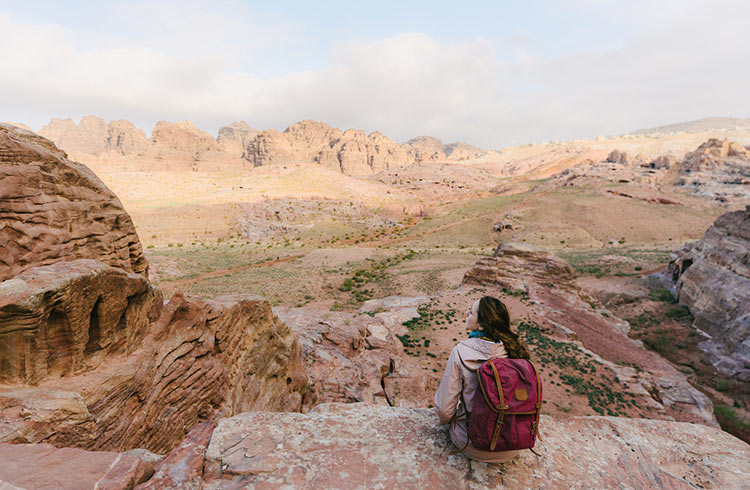
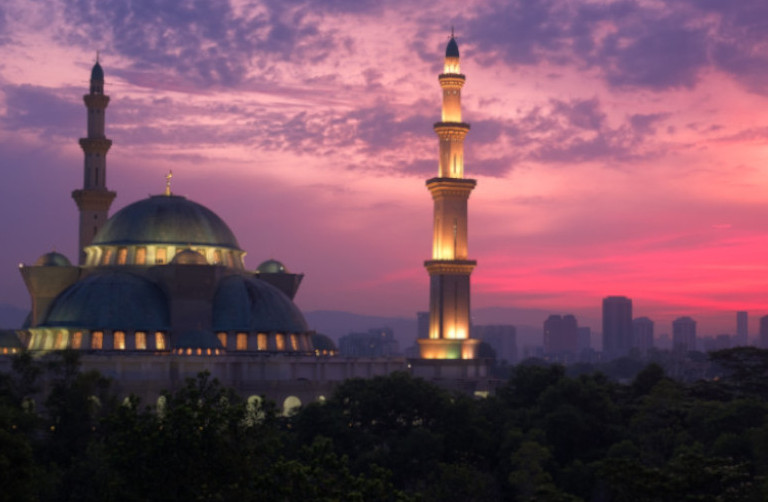

No Comments